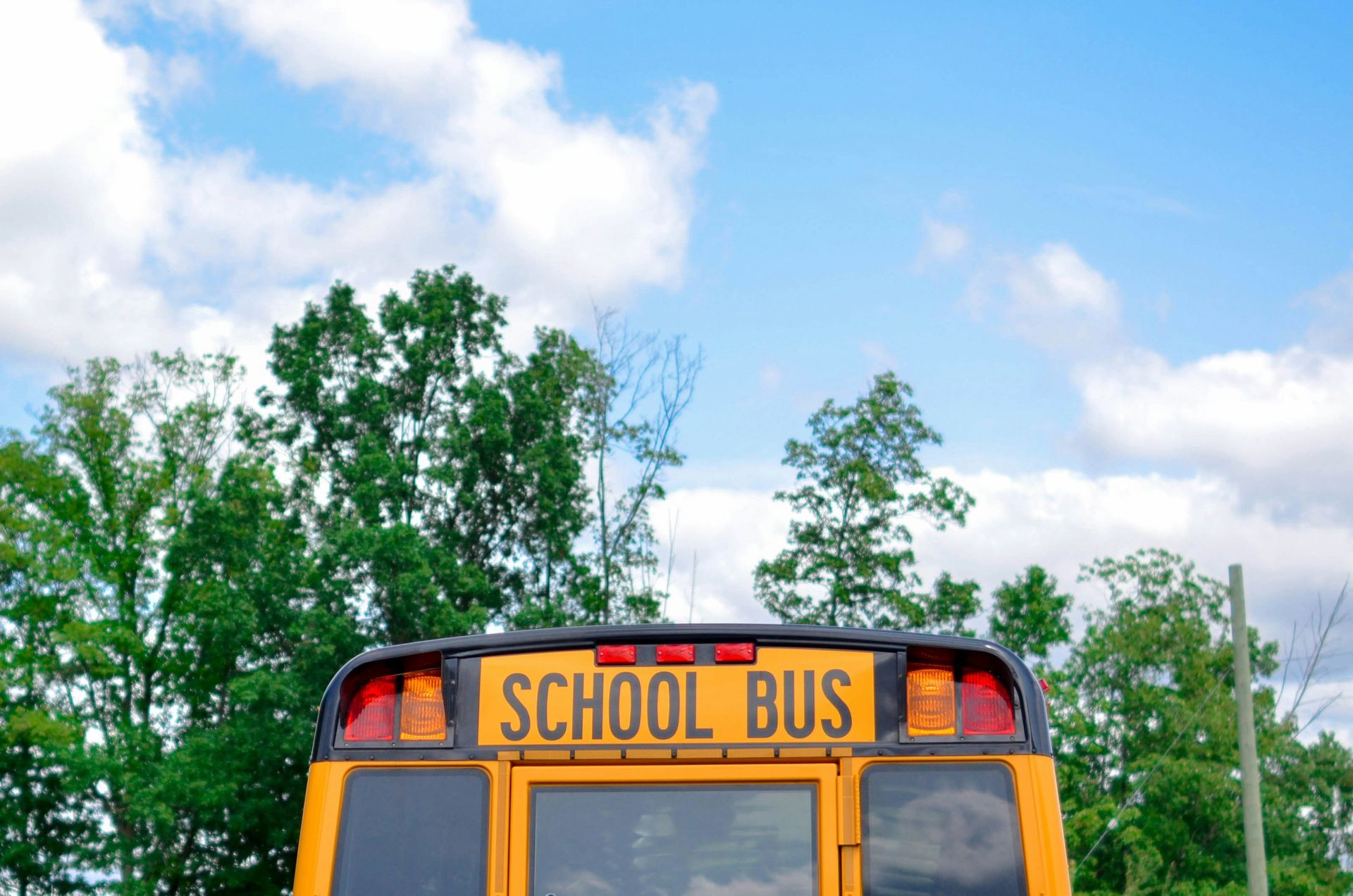Nurturing Healthy Peer Relationships: A Guide for Parents
Positive Social Interactions Can Boost Self-Esteem

Peer relationships are crucial for teens' social development. Positive friendships can boost self-esteem and provide emotional support, while negative influences can lead to risky behaviors. According to research published in the Journal of Youth and Adolescence, peer relationships significantly impact teens' psychological well-being and development.
Encouraging Open Communication
Encouraging open discussions about friendships and peer pressure can help teens navigate these relationships effectively. Discuss the qualities of healthy friendships and the importance of mutual respect and support. Encourage your teen to seek friends who have similar values and interests.
Qualities of Healthy Friendships: Research suggests that healthy friendships are characterized by trust, respect, and support. According to a study in the Journal of Adolescence, adolescents who have positive friendships report higher levels of well-being and lower levels of anxiety and depression .
Peer Pressure: Peer pressure is a common concern for teens. Openly discussing peer pressure and helping teens develop assertiveness skills can empower them to make positive choices. Research published in Child Development indicates that teaching teens how to resist peer influence can reduce their likelihood of engaging in risky behaviors.
Supporting Social Activities with Boundaries
Supporting their social activities while setting boundaries can promote healthy interactions. Allow your teen to spend time with friends, but be aware of who they are with and what they are doing. Foster an environment where they feel comfortable coming to you with any concerns about their peers.
Supervised Socializing: Providing opportunities for supervised socializing can help ensure your teen's safety while still allowing them to socialize with their peers. Organizing group outings or inviting friends over to your home allows you to monitor their activities while fostering a sense of independence.
Setting Boundaries: Clearly communicate your expectations regarding curfew, alcohol and drug use, and other risky behaviors. According to the Centers for Disease Control and Prevention (CDC), setting clear and consistent boundaries is an effective way to reduce teens' risk of engaging in substance abuse and other risky behaviors.
Concerned about your teen's peer relationships? Find support by scheduling a free 30-minute parental support call. Book now to learn effective strategies for nurturing healthy peer relationships and supporting your teen's social development.
By fostering open communication, encouraging positive friendships, and setting appropriate boundaries, parents can help their teens navigate peer relationships with confidence and resilience.
Sources:
Journal of Youth and Adolescence: Research on the impact of peer relationships on teens' psychological well-being and development.
Journal of Adolescence: Study on the qualities of healthy friendships and their impact on adolescent well-being.
Child Development: Research on teaching teens to resist peer influence and reduce risky behaviors.
Centers for Disease Control and Prevention (CDC): Information on setting boundaries to reduce teens' risk of engaging in substance abuse and other risky behaviors.











